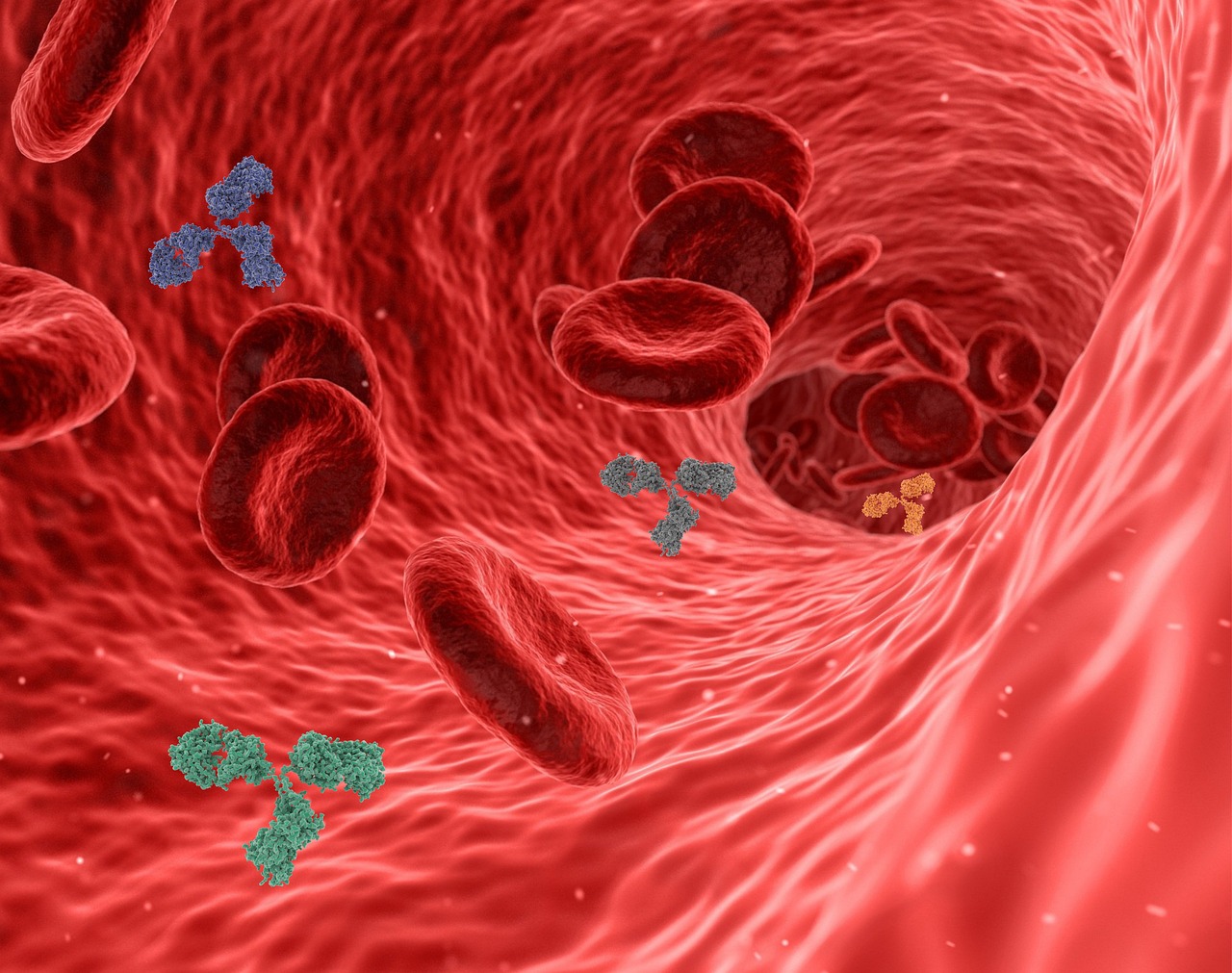-
Table of Contents
. Unlocking Minds, Empowering Lives.
Introduction
Mental health disorders are a significant public health concern, affecting millions of individuals worldwide. These conditions encompass a wide range of emotional, psychological, and behavioral disturbances that can impair an individual’s ability to function effectively in daily life. Understanding mental health disorders is crucial for promoting awareness, reducing stigma, and improving access to treatment and support.
Recognizing the Signs of Mental Disorders
Mental health disorders are a significant public health concern, affecting millions of people worldwide. Recognizing the signs of these disorders is crucial for early intervention and effective treatment. While it’s important to remember that everyone experiences emotional ups and downs, persistent and intense feelings that interfere with daily life may indicate a mental health issue.
One common sign of a mental disorder is a persistent change in mood. This could involve prolonged periods of sadness, hopelessness, or irritability. Individuals experiencing depression may lose interest in activities they once enjoyed, have difficulty concentrating, experience changes in appetite or sleep patterns, and feel fatigued. Conversely, individuals with bipolar disorder may experience extreme mood swings, alternating between periods of mania (elevated mood, increased energy, and impulsivity) and depression.
Another important indicator is changes in behavior. Noticeable shifts in social withdrawal, increased anxiety, or difficulty controlling anger can be warning signs. Individuals with anxiety disorders may experience excessive worry, fear, and panic attacks. They might avoid social situations, have difficulty relaxing, and experience physical symptoms like rapid heartbeat and shortness of breath. Similarly, individuals with obsessive-compulsive disorder (OCD) may engage in repetitive behaviors or have intrusive thoughts that cause significant distress.
Furthermore, changes in thinking patterns can also signal a mental health disorder. Individuals with schizophrenia, for example, may experience hallucinations, delusions, and disorganized thinking. They might have difficulty distinguishing reality from fantasy and struggle with social interactions. Post-traumatic stress disorder (PTSD) can also lead to changes in thinking, with individuals experiencing flashbacks, nightmares, and intrusive memories of a traumatic event.
It’s important to note that these are just some common signs of mental disorders, and not everyone experiencing these symptoms necessarily has a mental health condition. However, if you or someone you know is experiencing persistent and distressing symptoms, it’s crucial to seek professional help. A mental health professional can conduct a thorough evaluation, diagnose any underlying disorders, and recommend appropriate treatment options.
Remember, mental health is just as important as physical health. Seeking help is a sign of strength and can lead to a path toward recovery and well-being. Early intervention can significantly improve outcomes and help individuals live fulfilling lives. Don’t hesitate to reach out to a trusted healthcare provider, therapist, or mental health organization for support and guidance.
Exploring Different Types of Psychological Conditions
Mental health disorders are a significant public health concern, affecting millions of individuals worldwide. These conditions encompass a wide range of psychological, emotional, and behavioral disturbances that can significantly impact an individual’s overall well-being and functioning. Understanding the different types of mental health disorders is crucial for promoting awareness, reducing stigma, and encouraging individuals to seek appropriate help.
Anxiety disorders are among the most common mental health conditions, characterized by excessive worry, fear, and apprehension. Generalized anxiety disorder involves persistent and uncontrollable worry about various aspects of life, while panic disorder is marked by sudden and intense episodes of fear accompanied by physical symptoms such as rapid heartbeat and shortness of breath. Social anxiety disorder, on the other hand, involves intense fear of social situations and scrutiny from others.
Mood disorders, such as depression and bipolar disorder, significantly affect an individual’s emotional state. Depression is characterized by persistent feelings of sadness, hopelessness, and loss of interest in activities that were once enjoyable. Bipolar disorder, conversely, involves alternating episodes of mania, characterized by elevated mood, energy, and impulsivity, and depression.
Trauma- and stressor-related disorders arise from exposure to traumatic or stressful events. Post-traumatic stress disorder (PTSD) is a common example, involving intrusive memories, nightmares, flashbacks, and avoidance of trauma-related stimuli. Additionally, acute stress disorder and adjustment disorders can develop in response to stressful life events.
Psychotic disorders are characterized by a loss of contact with reality, often involving hallucinations, delusions, and disorganized thinking. Schizophrenia is a severe psychotic disorder that typically emerges in late adolescence or early adulthood. Other psychotic disorders include delusional disorder and schizoaffective disorder.
Personality disorders are enduring patterns of thinking, feeling, and behaving that deviate from cultural norms and cause significant distress or impairment. These disorders often involve difficulties in interpersonal relationships, emotional regulation, and self-image. Examples include borderline personality disorder, narcissistic personality disorder, and antisocial personality disorder.
Eating disorders are characterized by disturbances in eating behaviors and related thoughts and emotions. Anorexia nervosa involves severe food restriction and an intense fear of gaining weight, while bulimia nervosa involves recurrent episodes of binge eating followed by purging behaviors. Binge eating disorder is characterized by recurrent episodes of binge eating without purging.
It’s important to remember that mental health disorders are complex and multifaceted. Diagnosis and treatment often involve a comprehensive evaluation by a qualified mental health professional. Seeking help is a sign of strength and can lead to significant improvement in an individual’s quality of life.
Finding Effective Treatment Options for Mental Health Disorders
Navigating the world of mental health disorders can feel overwhelming, especially when seeking effective treatment options. It’s important to remember that you’re not alone in this journey, and help is available. Understanding the nature of these disorders is the first step towards finding the right path to recovery. Mental health disorders are complex conditions that affect our thoughts, feelings, and behaviors, often stemming from a combination of genetic, biological, environmental, and social factors. These disorders can manifest in various ways, from persistent sadness and anxiety to more severe conditions like bipolar disorder or schizophrenia.
Recognizing the signs and symptoms of a mental health disorder is crucial. This might involve experiencing prolonged periods of low mood, excessive worry, difficulty concentrating, changes in sleep patterns, or withdrawal from social activities. If you notice these or any other concerning changes in your mental well-being, it’s essential to reach out for professional help. A mental health professional, such as a therapist, psychologist, or psychiatrist, can provide a proper diagnosis and recommend the most suitable treatment plan.
treatment options for mental health disorders are diverse and tailored to individual needs. Therapy, often referred to as psychotherapy, plays a vital role in addressing the underlying emotional and behavioral patterns contributing to the disorder. Different types of therapy exist, including cognitive-behavioral therapy (CBT), which focuses on identifying and changing negative thought patterns, and dialectical behavior therapy (DBT), which helps individuals regulate their emotions and develop coping mechanisms.
In some cases, medication may be prescribed alongside therapy to manage symptoms. Antidepressants, anti-anxiety medications, and mood stabilizers are examples of medications that can be effective in alleviating symptoms of various mental health disorders. However, it’s important to note that medication should always be used under the guidance of a qualified medical professional.
Beyond therapy and medication, lifestyle changes can significantly contribute to mental well-being. Regular exercise, a balanced diet, sufficient sleep, and stress management techniques like mindfulness or yoga can have a positive impact on mood and overall mental health. Building a strong support system of friends, family, or support groups can also provide invaluable emotional support and encouragement throughout the treatment process.
Finding effective treatment for a mental health disorder is a journey that requires patience, self-compassion, and a willingness to seek help. Remember that recovery is possible, and with the right support and treatment, you can regain control of your mental well-being and live a fulfilling life. Don’t hesitate to reach out to a mental health professional if you’re struggling. They can provide guidance, support, and the tools you need to navigate this challenging path towards healing.
Q&A
**Question 1:** What is a mental health disorder?
**Answer:** A mental health disorder is a diagnosable condition that significantly impacts a person’s thinking, feeling, mood, and behavior.
**Question 2:** What are some common symptoms of mental health disorders?
**Answer:** Symptoms can vary widely but may include persistent sadness, anxiety, changes in sleep or appetite, difficulty concentrating, withdrawal from social activities, and thoughts of harming oneself or others.
**Question 3:** Where can someone go for help with a mental health disorder?
**Answer:** A primary care physician, therapist, psychiatrist, or mental health hotline can provide support and guidance.
Conclusion
Understanding mental health disorders is crucial for fostering empathy, reducing stigma, and promoting effective treatment and support. By recognizing the complexity of these conditions, embracing scientific research, and prioritizing open communication, we can create a more inclusive and compassionate society that empowers individuals to seek help and live fulfilling lives.



